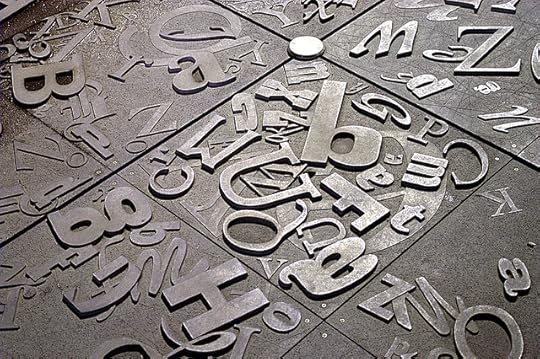The Value of Knowledge
Have you ever wondered what the source of any service or product is? If not, shut your eyes and think about it for just a moment.
At the core of every useful service or product is knowledge, or more specifically 'specialised knowledge'. When a plumber, marketer, or scientist sells their time to a customer or an employer, they're transferring their knowledge into a useful action – installing a bathroom, increasing a business' turnover, developing a new drug.
"There are two kinds of knowledge – general and specialised. General knowledge, no matter how great in quantity it may be, is of little use in the accumulation of riches" – Napoleon Hill

Specialised knowledge can be converted into valuable actions more easily than general knowledge can, but here's what I've come to realise about the value of specialised knowledge.
Specialised knowledge is valuable, but you don't necessarily need to own that knowledge to share (and benefit from) its value.
Sharing The Knowledge of Others
When I created TheMusiciansGuide.co.uk (a hobby 'web-business' of mine) I had some specialised knowledge on music marketing from running an indie record label, which I was able to share with other musicians. The specialised knowledge I was offering had a value that musicians were willing to pay for.
But then I started offering professional music contracts on the website to help musicians get hold of contracts without having to hire an expensive lawyer, yet I had no knowledge of music law.
Now I could have pretended to know how to write the sunset clause and allocation of royalties in a 360-type record deal, but I'm not one to trick customers or create a half-arsed product, so instead I shared the specialised knowledge of a professional entertainment lawyer who did know his stuff.
Rather than extracting value out of the specialised knowledge I already possessed, I shared the value of someone else's specialised knowledge with an audience eager to receive and pay for it, which benefited everyone.
Knowledge, used at its best creates time, health, and opportunity
If you want to create a product that's useful, here's an idea that I go back to time and time again. Write on a piece of paper "What could save X many people Y many pounds/hours?" and list some ideas that do exactly that, and that you'd enjoy creating. When you start getting excited by one of those ideas, decide how you're going to reach X people, and then harvest the knowledge needed to create the idea and offer it for a fraction of £Y.
It sounds simple, and it is. Money and time are the two most commonly exchanged commodities we have to dispose of, so anything that gives us more of either is valuable.
People spend thousands of pounds as well as days of research when buying cars, sofas, mortgages, and clothes. If you can share with them the knowledge to save money or time while doing any of these things, you've created something useful.
With the tools we now have, such as email and search engines, it's easier than ever to find and compile specialised knowledge from people and web pages into a package that is useful and valuable to people.
You no longer need specialised knowledge to benefit from its value. If you can find and share it with people who need it, you're arguably more useful than the people who obtain the knowledge but never use it to make a difference.
Remember, knowledge is not power – it's potential power. You have to do something with it for it to have any use, and there's a world of opportunity for you to harvest the power in other people's knowledge.
If you agree or disagree i'd love to know why, you can leave a comment below, drop me a tweet, or send me an email 
Marcus



